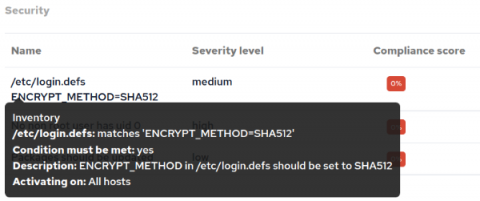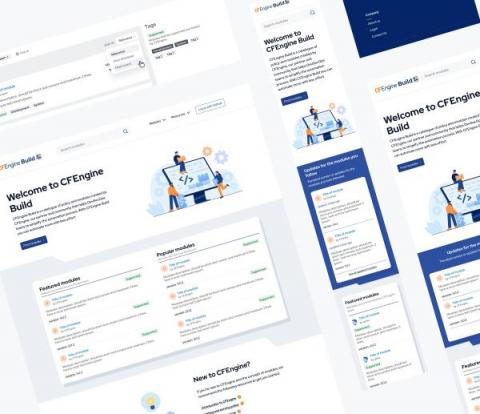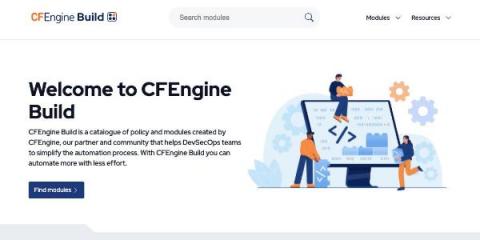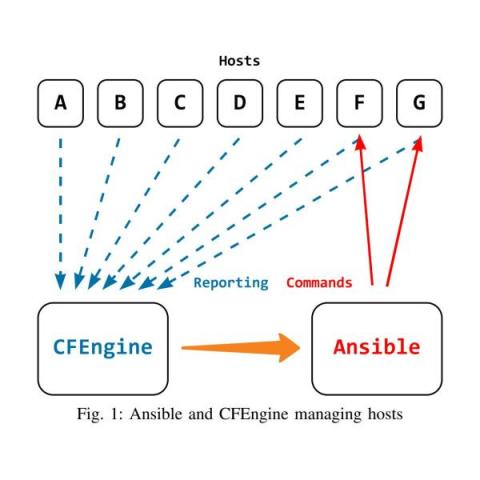Solving specific use cases with CFEngine policy and providing reusable modules
With the release of build.cfengine.com, I have been working to migrate some of our own security related policy into modules of their own. CFEngine Build and the cfbs tooling allows us to organize policy into modules, which are easy to update independently and share with other users. Let’s take the scenic route and look at what life is like with cfbs. One of our security policies requires that the password hashing algorithm in /etc/login.defs is set to SHA512.








